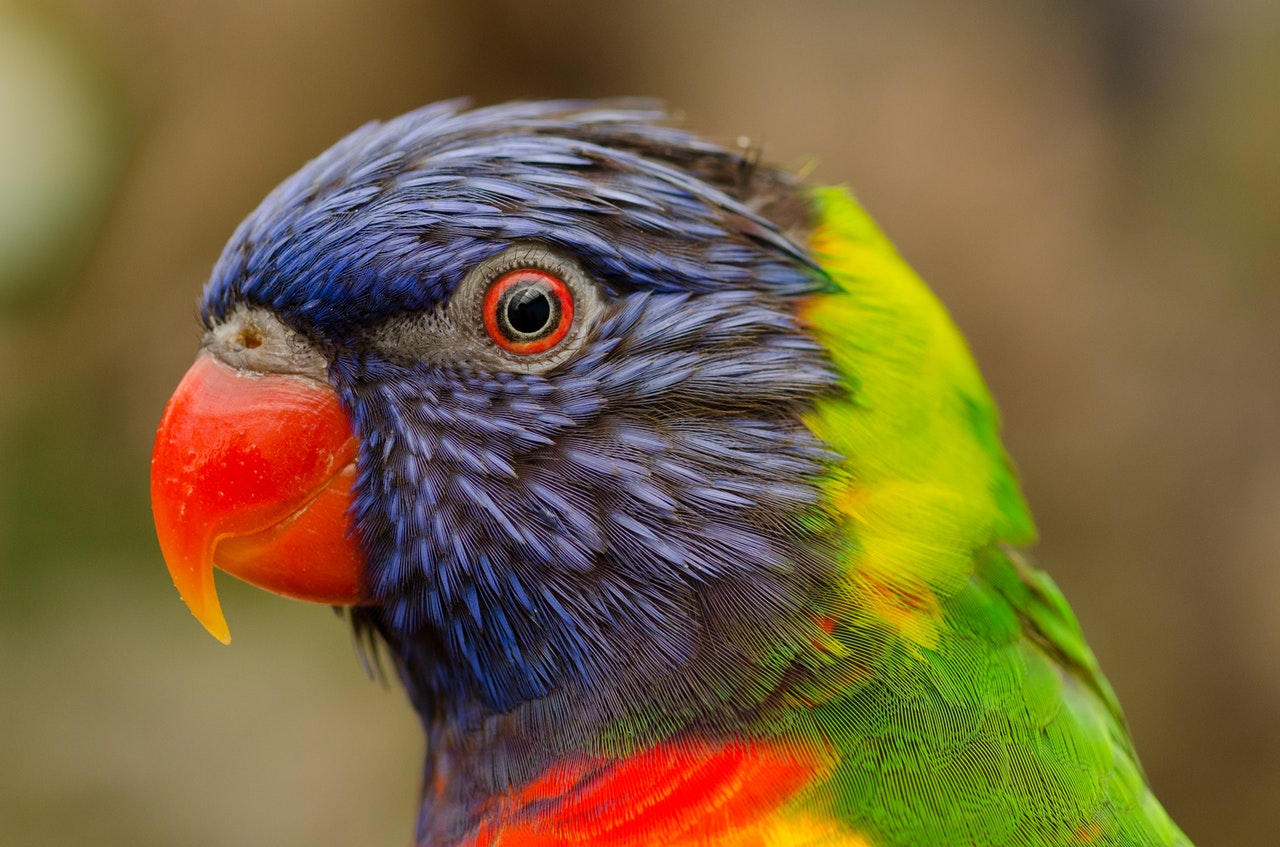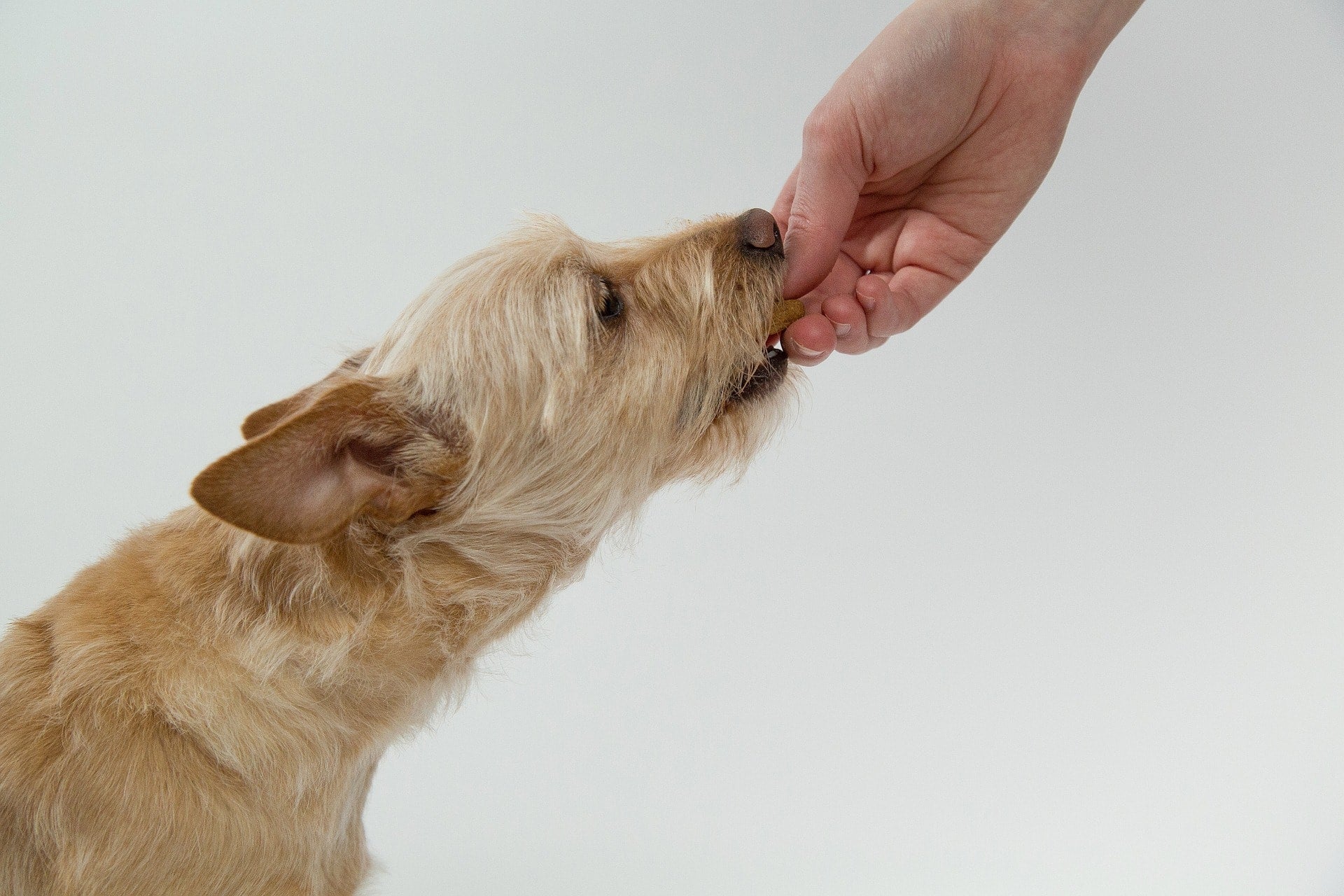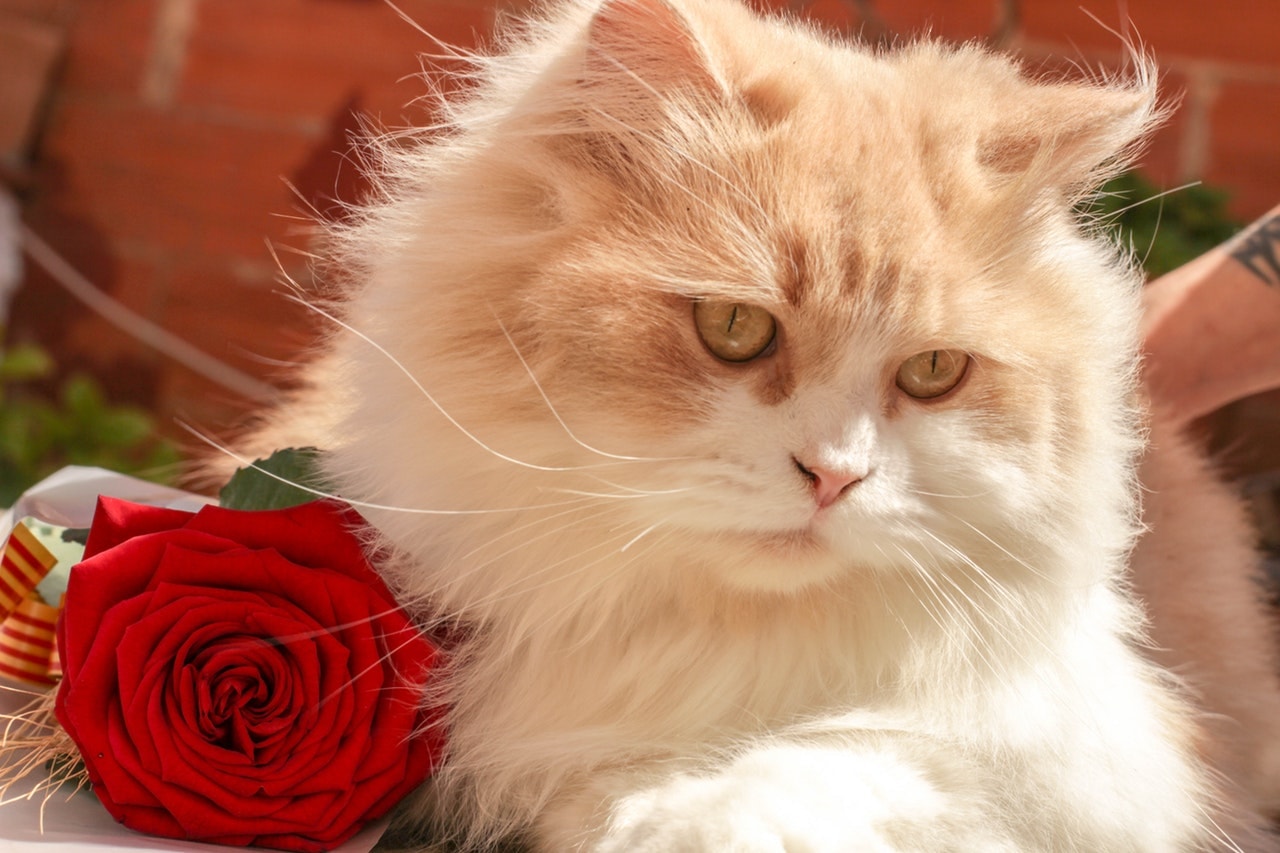We've written extensively on the blog about using coconut oil with cats and dogs, but in today's post we'll be looking at a different kind of pet – birds.
According to recent statistics, as of 2017 there were 20.6 million pet birds in the US, up from 14.3 million in 2015. Birds make wonderful pets; they're incredibly smart, and very social. They are also relatively inexpensive to feed, and most species have surprisingly long lifespans.
If you're one of the millions of bird lovers in the US, this post is for you. In it, we'll look at the dietary requirements of birds and share some information on feeding them the right foods to help them live a long and healthy life. We'll also explain the role of essential fatty acids in the diet of domesticated birds, and explore whether coconut oil is beneficial for their health.

Dietary Needs of Pet Birds
Parrots, also known as psittacines, are among the most common domesticated birds in the US. There are many different types, including smaller species like cockatiels, lovebirds, and parakeets, and larger species such as African greys, amazons, and cockatoos. Passerines, sometimes known as perching birds or songbirds, are also commonly kept as pets. Popular species include canaries, finches, and mynah birds.
Whether your bird is a psittacine or a passerine, diet plays a major role in their health and longevity. Traditionally, seeds have been the staple diet of domesticated pet birds. These days, however, most veterinarians recommend a diet consisting of a mixture of seeds, grains, and fortified pellets, along with fruits and vegetables to round out the diet.
This combination of foods is thought to provide pet birds with all the nutrients they need to live a long and healthy life. If your bird is currently on a seed-based diet, always consult with your veterinarian before making dietary changes.
Scientific understanding of bird nutrition has greatly improved over recent years. But despite this, even birds fed a high-quality diet often suffer from certain health and behavior problems. In an article for Mercola Healthy Pets, Dr. Karen Becker, DVM., NMD., noticed the following problems in domesticated birds at her avian hospital:
- Dull feather coat with poor pigmentation
- Excessive powder down
- Flakey beak and nails
- Over grooming and self-mutilation
- Itchy, irritated skin
- Toe-tapping, wind-flapping and feather picking
In the article, Dr. Becker goes on to explain that she noticed huge improvements in the health of her birds when she began to supplement their diets with fatty acids.
Fatty Acids in Coconut Oil
So, what did Dr. Becker feed to her birds as a fatty acid supplement? You guessed it – coconut oil! Psittacines and passerines are primarily vegetarian. They eat a wide variety of plant matter in the wild to supply their bodies with nutrients. Feeding coconut oil to domesticated birds is an excellent way to provide them with the nutrients they are missing in their diet.
Coconut oil contains medium-chain fatty acids (MCFAs), mainly lauric acid, caprylic acid, and capric acid. These fatty acids can be very beneficial for avian health. Many bird owners notice immediate improvements in the appearance and behavior of their bird after introducing coconut oil to their diet.
Dr. Becker noticed several changes in her birds after supplementing their diets with coconut oil, including improved skin and feather condition and marked behavioral changes.
She explains:
"I noticed a dramatic improvement not only in the condition and appearance of my flock's feathers, but also in their attitudes and behaviors. They were better able to focus, and in fact, my African gray’s vocabulary began to expand."
CocoTherapy Co-founder, Charisa Antigua has also had great success feeding coconut oil to her pet birds.
Here's her experience:
"As kids growing up in Peru, we had several parrots. We had one that we brought back home with us to the Philippines. She was a yellow-crowned amazon, and an excellent talker!
We have always fed coconuts and coconut oil to our pet birds. We found that the anti-viral and anti-bacterial properties of the oil kept them healthy and protected them from getting the "bird cold" – something a lot of parrots can get when living with humans. It also supported their immune system and kept their plumage healthy."

Supplementing Your Bird's Diet with Coconut Oil
Feeding just a small amount of coconut oil daily is enough to meet your bird's fatty acid requirements and support their overall health. In his book, Coconut Therapy for Pets, Dr. Bruce Fife C.N., N.D., offers the following useful advice:
"Never put oil of any kind in a bird's water...mix it into the food. One eighth teaspoon of coconut oil per day for every 1 pound (450g) of body weight is a good amount, although you can give a little more without worry. Liquid (melted) coconut oil can be mixed into the feed. Birds generally love the taste of coconut oil and will eat it in its solid form. A pea size piece of hardened coconut oil per pound of body weight is about the same dose as the above. You can also feed them fresh or dried coconut meat."
Just as with cats and dogs, it's important to choose a high-quality coconut oil to supplement your bird's diet. CocoTherapy coconut oil is a therapeutic-grade virgin oil that's organic, unrefined, and packed full of the wonderful health benefits that make it a true "superfood."
When you choose CocoTherapy coconut oil, you're guaranteed a safe, therapeutic-grade oil packed full of the natural ingredients that will support your bird's health for years to come. Click here to find out more about the CocoTherapy Difference.
For more information about CocoTherapy and our coconut oil, chips, and treats for pets, check out more of our blogs.



